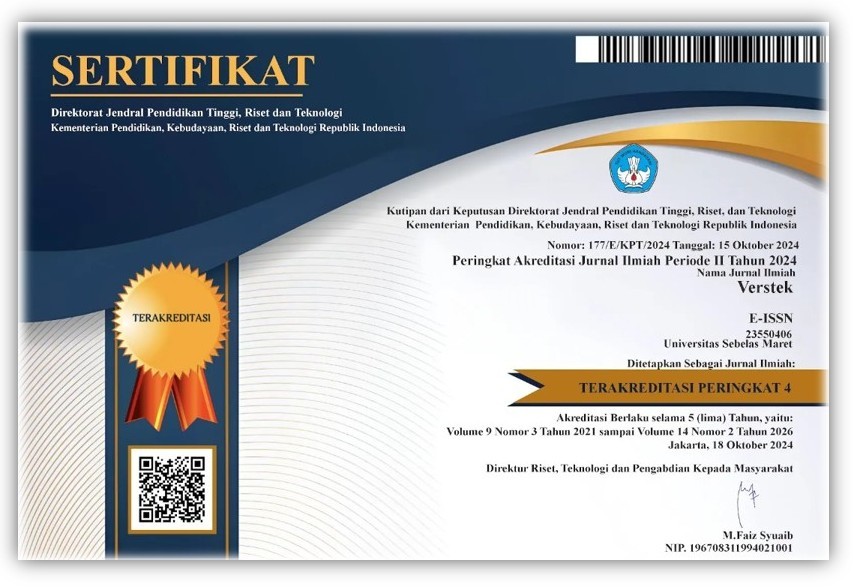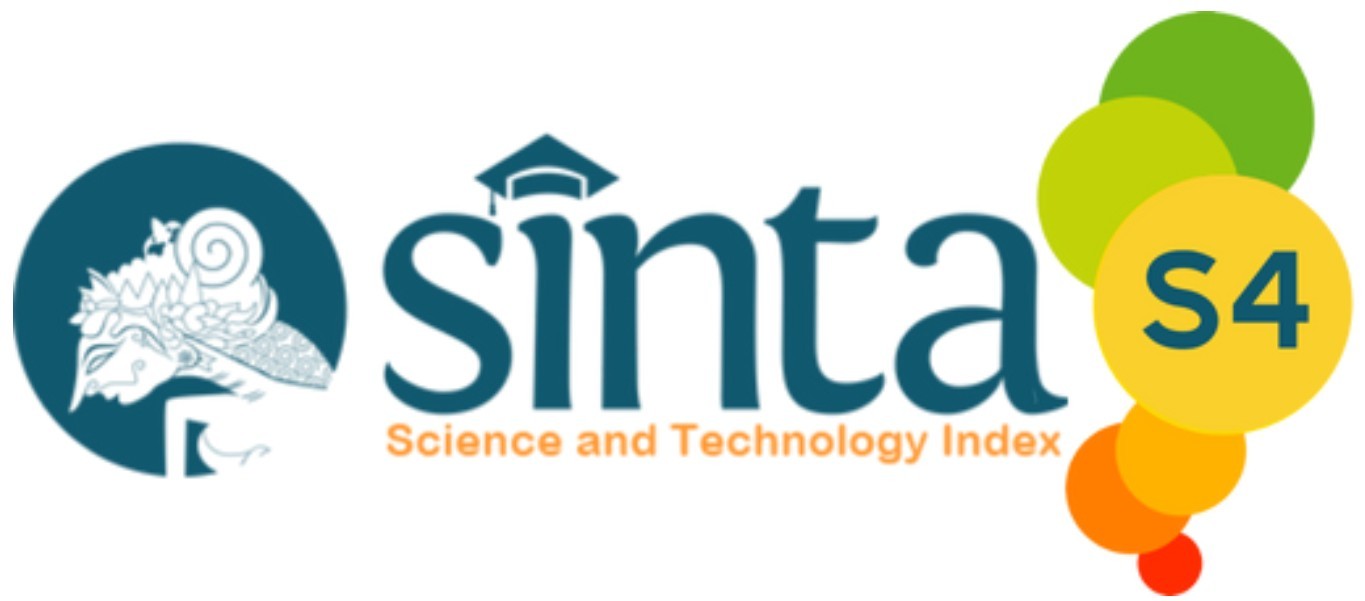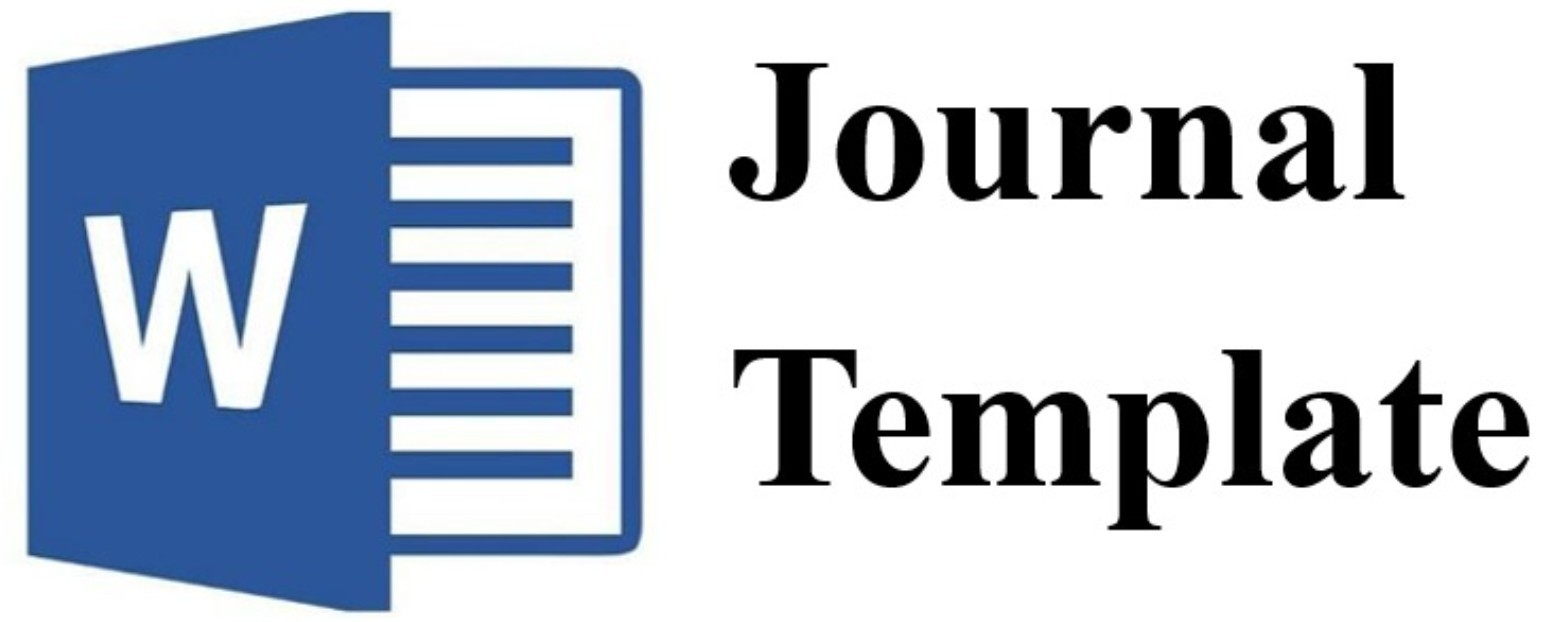KAJIAN KENDALA EKSEKUSI PIDANA BERDASARKAN SEMA NOMOR 1 TAHUN 2011 DENGAN PASAL 270 KUHAP
Abstract
This article aims to determine the constraints and legitimacy of prosecutors in carrying out criminal executions based on the provisions of the Supreme Court Circular Letter Number 1 of 2011 in terms of the provisions of the Criminal Procedure Code and legal certainty. This type of legal research is normative research with primary and secondary legal materials using a statute approach and a conceptual approach. The technique of collecting legal materials uses library research and the technique of analyzing legal materials is deductive in nature using the syllogism method. As for the results of this study, it was found that based on Article 79 of the Supreme Court Law and Article 7, 8 paragraph of Law Number 11 of 2011 Supreme Court Circular Letter Number 1 of 2011 is not a statutory regulation, but a policy regulation that only has the power internal binding. As a result, SEMA No. 1 of 2011 by the Prosecutor in the criminal procedural law environment is a form of customary law (customary law) which also has legal certainty because the execution must be carried out against a judge's decision that has permanent legal force (in kracht van gewisjde) and has executive power. So that the execution of a crime using the excerpt of the decision certainly has legal certainty for the convict in assisting the convict to immediately obtain the convict's rights while serving his sentence as an inmate in a penitentiary.
Full Text:
PDFReferences
Agus Subagya, “Kekuatan Yuridis Petikan Putusan Pidana Sebagai Dasar Pelaksanaan Putusan Hakim Yang Sudah Berkekuatan Hukum Tetap Dalam Perkara Tindak Pidana Korupsi”. Universitas Sebelas Maret (2018).
Ahmad Habibi M, dkk. “Keadilan, Kemanfaatan, dan Kepastian Hukum dalam Putusan Batal Demi Hukum Sistem Peradilan Pidana Indonesia.” Jurnal Verstek, no. 2 (2014): 124-126, https://jurnal.uns.ac.id/verstek/article/view/38857/25730
Ahmad Setiyohadi, dkk. “Kebijakan Eksekusi Terhadap Putusan Pengadilan Yang Mempunyai Kekuatan Hukum Tetap Dalam Perspektif Politik Hukum Pidana”
Bagir Manan & Kuntana Magnar; “Beberapa Masalah Hukum Tata Negara Indonesia”. (Bandung: Alumni, 1997):170-171.
Daniar R. S Waradhana, dkk. “Wewenang Jaksa sebagai Pelaksana Putusan Eksekutorial Putusan Pengadilan Yang Telah Mempunyai Kekuatan Hukum Tetap”. Jurnal Halu Oleo Law Review Vol 4 No 2 (2020);1, http://ojs.uho.ac.id/index.php/holrev/issue/view/1524
Irwan Adi Cahyadi. “Kedudukan Surat Edaran Mahkamah Agung (SEMA) Dalam Hukum Positif Di Indonesia”. Student Journal Universitas Brawijaya (2014); 1, http://hukum.studentjournal.ub.ac.id/index.php/hukum/article/view/564
Jimly Asshddqie; “Perihal Undang-Undang”. (Jakarta: Rajawali Pers, 2011):274.
M. Yahya Harahap; Ruang Lingkup Permasalahan Eksekusi Bidang Perdata. (Jakarta : Gramedia, 1989).
Nurfaqih Irfani.”Asas Lex Superior, Lex Specialis, dam LexPosterior: Pemaknaan, Problematika, dan Penggunaannya Dalam Penalaran dan Argumentasi Hukum.” Jurnal Legislasi Indonesia, Vol 17 No.3 (2020) : 37, https://doi.org/10.54629/jli.v17i3
Peter Mahmud Marzuki; Penelitian Hukum, (Jakarta:Kencana Prenada Media Group): 21-181. Victor Imanuel; “Konsep Uji Materil”. (Malang: Setara Press, 2013):35.
Riki Yuniagara. dkk. “Kekuatan Hukum Mengikat SEMA No. 7 Tahun 2014 Tentang Pengajuan Permohonan Peninjauan Kembali Dalam Perkara Pidana.” Kanun Jurnal Ilmu Hukum, Vol. 19, No. 1 (2017): 121, https://jurnal.usk.ac.id/kanun/article/view/6669
Sudikno Mertokusumo; “Mengenal Hukum (Suatu Pengantar)”. (Yogyakarta: Maha Karya Pustaka, 2019):85-87, 97.
Undang-Undang Nomor 8 Tahun 1981 Tentang Hukum Acara Pidana (Lembaran Negara Republik Indonesia Tahun 1981 Nomor 76, Tambahan Lembaran Negara Republik Indonesia Nomor 3209).
Undang-Undang Nomor 11 Tahun 2021 Tentang Perubahan Atas Undang-Undang Nomor 16 Tahun 2004 Tentang Kejaksaan Republik (Lembaran Negara Republik Indonesia Tahun 2021 Nomor 298, Tambahan Lembaran Negara Republik Indonesia Nomor 6755).
Undang-Undang Nomor 12 Tahun 2011 Tentang Pembentukan Peraturan Perundang-Undangan, jenis dan hierarki Peraturan Perundang-Undangan juncto UU No. 15 Tahun 2019 tentang Perubahan atas Undang-Undang Nomor 12 Tahun 2011 Tentang Pembentukan Peraturan Perundang-Undangan juncto UU No. 13 Tahun 2022 tentang Perubahan Kedua atas Undang-Undang Nomor 12 Tahun 2011 tentang Pembentukan Peraturan Perundang-Undangan
Undang Undang Nomor 48 Tahun 2009 Tentang Kekuasaan Kehakiman (Lembaran Negara Republik Indonesia Tahun 2009 Nomor 157, Tambahan Lembaran Negara Republik Indonesia Nomor 5076).
Victor Imanuel W. Nalle, “Kewenangan Yudikatif Dalam Pengujian Peraturan Kebijakan.” Jurnal Yudisial, Vol 6, No 1 (2013): 37, https://jurnal.komisiyudisial.go.id/index.php/jy/article/view/117
Refbacks
- There are currently no refbacks.











